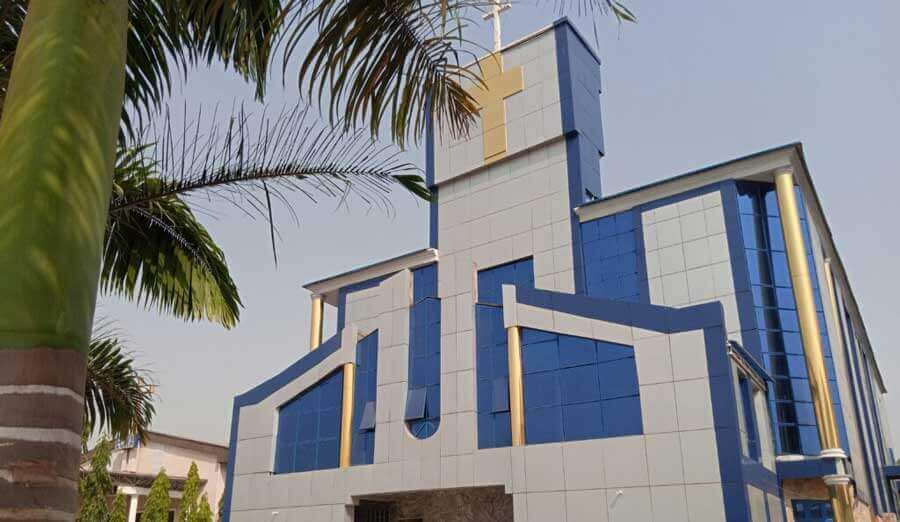Churches Embrace Solar Power System As Electricity Woes Continue
Some churches in Africa’s biggest economy are now switching to solar power to hedge against consistent power failure that disrupts their services.
Energy costs and electricity bills are eating deep into their pockets and they believe the cost of running the new energy source would reduce their expenses.
Advertisement
Diesel now costs around N774 per litre, which is N550 higher than the N224 spent on a litre a year ago.
Nigeria’s power crisis has deepened with over seven national grid collapssing in the first half of 2022.
Although the Nigerian Electricity Regulatory Commission has directed Power Generating Companies and the Distributing Companies to deliver a minimum of 5,000 megawatts of electricity beginning from July 1, this year, it has been unattainable after over a month.
GenCos and Discos have described the directive as impossible to achieve and ‘unrealistic ‘.
Advertisement
Nigerian Electricity System Operator (NESO) said peak generation was 3,690.50 MW as of July 16.
One of the churches that is now running its services on solar, the Presbyterian Church of Nigeria, Gwarimpa Parish spends an average of N300,000 monthly on diesel and N20,000 on electricity bills, a prominent church member familiar with the project and routine spendings who does not want to be mentioned said.
But the church believes that spending N3.9m on the solar project would save millions spent annually on diesel.
The source said, “In a month we used to spend like N300,000 monthly to buy diesel for Sunday worship, Wednesday service and other services. The challenges with the Gwarinpa side are oftentimes, we don’t even have the light.
“We buy like N5,000 every other week. We spent so much at least in the maintenance cost of the generators. that is one. Two, buying the NEPA credit plus the associated overhead like transport to go and buy the NEPA credit every now and then.
Advertisement
“Another thing you will consider is that it costs us N3.9m and then diesel costs N300,000 per month. So, if we are to take the upper hands assuming it is serving us five years and we are buying diesel at N300,000. That will be like N18m in five years and that is another savings we are making on it.
“It will also help our equipment from developing faults when power is taken consistently while the equipment is on. Maintaining in the long run will be far cheaper as we have a three years warranty from the company.”
Assessing the importance of solar power adopted by churches Nwoke Anya Nwoke, a techpreneur familiar with solar installation said it is a move in the right direction.
Nwoke said, “Solar is now the best option for churches and even businesses. It is more reliable and cheaper to maintain. In some cases, the life span of the panels is 20 years. If the power audit is properly conducted, it will take up to 10 years before any serious maintenance will be done on it.”
Another church, the Anglican Church of Nigeria in Enugu state began mounting of solar panels in 2019 specifically for churches with vicarages to serve both the church and the vicarage.
Bishop of Nike diocese, Rt. Rev’d. Dr. Christian Onyia, said it cost N280,000 to mount each panel.
Advertisement
The Nigerian government had signed a deal with Siemens under the Presidential Power Initiative, aimed at improving power across the 36 states and the capital, Abuja.
In December 2021, the Federal Executive Council (FEC) approved $1.9m for phase one.
Siemens is expected to deliver the mega transformers after Factory Acceptance Testing (FAT) in Italy and Germany.
Tolu Ogunlesi, a presidential aide tweeted early August that, “We have yet another #PPInigeria update. Another phase of Factory Acceptance Testing (FAT) for a new batch of the @Siemens_Energy Transmission equipment ordered by @NigeriaGov last Dec. The July FAT took place in Trento, Italy; this latest one (Sept) in Dresden, Germany.”



